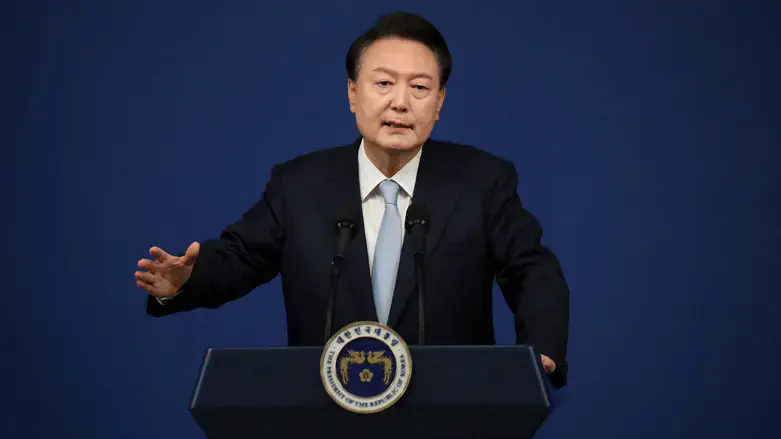
The South Korean government officially lifted martial law early Wednesday (local time), following a dramatic night in which President Yoon Suk Yeol imposed the measure, troops surrounded parliament, and lawmakers swiftly voted to reject military rule, The Associated Press reported.
Police and military forces began withdrawing from the National Assembly grounds after the bipartisan vote, and the martial law declaration was formally rescinded during a Cabinet meeting at around 4:30 a.m. local time.
The vote to lift martial law was unanimous among the 190 lawmakers who participated.
Yoon, who faced the prospect of impeachment over his actions, had declared martial law late Tuesday, pledging to eliminate “anti-state” forces as tensions mounted between his administration and the opposition-controlled parliament, which he has accused of sympathizing with North Korea.
In a rapid response, the National Assembly convened, with Speaker Woo Won Shik calling the martial law “invalid” and vowing that lawmakers would “protect democracy with the people.” Martial law remained in effect for only about six hours.
The president’s unexpected declaration was a striking reminder of South Korea’s authoritarian past, which the country has worked to move beyond since its democratization in the 1980s. The move was quickly condemned by opposition leaders and even the head of Yoon’s own party.
While announcing the lifting of martial law, Yoon continued to criticize parliament, accusing lawmakers of engaging in “unscrupulous acts of legislative and budgetary manipulation that are paralyzing the functions of the state.”
Outside the Assembly, hundreds of protesters gathered, holding banners and calling for Yoon’s impeachment. Scuffles broke out between some demonstrators and troops, but there were no reports of major injuries or property damage.
Under South Korea’s constitution, martial law can only be declared during “wartime, war-like situations or other comparable national emergency states” requiring military intervention to maintain order. Whether the current situation met those criteria was highly questionable.
The constitution also mandates that the president must lift martial law if the National Assembly votes for its removal by a majority.
In Washington, the White House expressed “serious concern” over the situation in Seoul. A National Security Council spokesperson said the Biden administration was not informed in advance of Yoon’s decision and had been in contact with South Korean officials.
Yoon’s declaration marked the first use of martial law in South Korea since democratization in 1987. The last time it was declared was in October 1979, following the assassination of military dictator Park Chung-hee.
